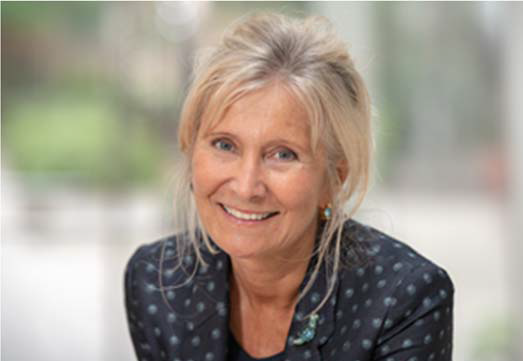
Dr. Silvia Formenti, the chair of Radiation Oncology and Sandra and Edward Meyer Professor of Cancer Research at Weill Cornell Medicine, was recently elected to the National Academy of Medicine, one of the highest distinctions in health and medicine. Renowned for her transformative contributions to radiation oncology and breast cancer research, Dr. Formenti has pioneered combining radiotherapy with immunotherapy, aiming to boost patients' immune responses against tumors. This groundbreaking approach, which she first proposed in 2004, has led to extensive clinical trials investigating the synergy between radiation and immune checkpoint inhibitors in combating metastatic solid tumors, including those in the breast, lungs, and brain.
Dr. Formenti’s journey in medicine began with an interdisciplinary background in oncology and immunology, which has allowed her to approach cancer research through innovative angles. Her hypothesis that radiation could have systemic effects—beyond merely controlling local tumors—pushed her to devote years to exploring its role in triggering immune responses. This work has produced over 320 scientific papers and has inspired a multitude of clinical protocols worldwide that now examine radiation-immunotherapy combinations for cancer treatment.
Dr. Formenti's dedication extends to her leadership at Weill Cornell Medicine, where she has established a robust laboratory science program aimed at translating research into clinical practices. In addition to leading 18 investigator-initiated trials, she actively collaborates with international researchers. Her current goal is to complete an ambitious five-year study funded by the NIH, focusing on immune responses in irradiated rectal cancer patients, with results expected by 2027. Despite her accomplishments, Dr. Formenti sees her election to the Academy as a motivator to continue her relentless pursuit of breakthroughs, especially in breast cancer, which she considers her “obsession” due to the many unexplored research pathways that still exist.

